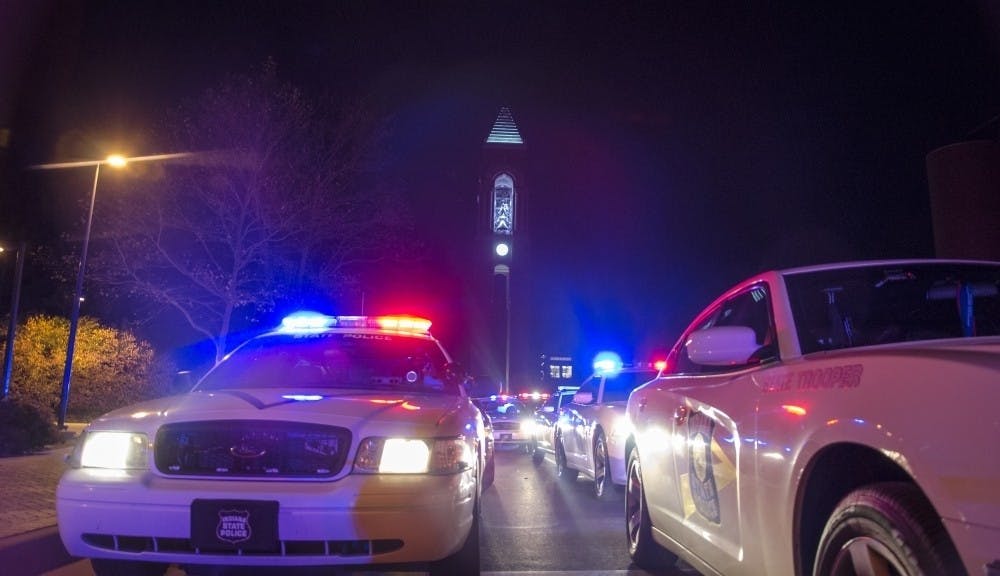Devin Tarr, a senior actuarial science major, did not know.
Amber Grooms, a freshman music education major, did not know.
Neither did Thomas Rasaki, Alexis Jennings, Michael Kummer, Bria Flood, Kyle McDonald, Ruth Schultz or Taylor Paschal.
Despite it being released campus-wide early last month, none of these Ball State students knew what the Campus Security Report is.
The 2018 Campus Security Report (CSR), better known as the Clery Report, published by the Office of Student Rights and Community Standards, includes campus crime statistics and other information about safety awareness, crime prevention, sexual assault prevention and registered sex offenders.
The university, like all public and private postsecondary institutions that participate in federal Title IX student financial assistance programs, is required to publish this information by Oct. 1 every year, in compliance with the Jeanne Clery Act, according to the United States Department of Education. The Clery Act, formerly known as Student Right-to-Know and Campus Security Act, was signed into law in 1990.
Named after 19-year-old Jeanne Clery, who was raped and murdered in her dorm room at Lehigh University in April 1986, the act is a consumer protection law that aims to provide transparency around campus crime policy and statistics, according to clerycenter.org.
But, after nearly 30 years of reporting, experts are mixed on the measurable effectiveness of the law.
While some say it has brought conversations to light that previously could have been swept under the rug, others say crime victims are still left with the burden of reporting an incident. And there seems to be little evidence that prospective or current students pay any attention to the report when considering a school.
Further, some victim advocates argue that increased report numbers don’t necessarily mean an increase in crime. Instead, those numbers can reflect a campus community that has built a culture of reporting, and that, advocates say, is a good thing.
So, does Clery work?





